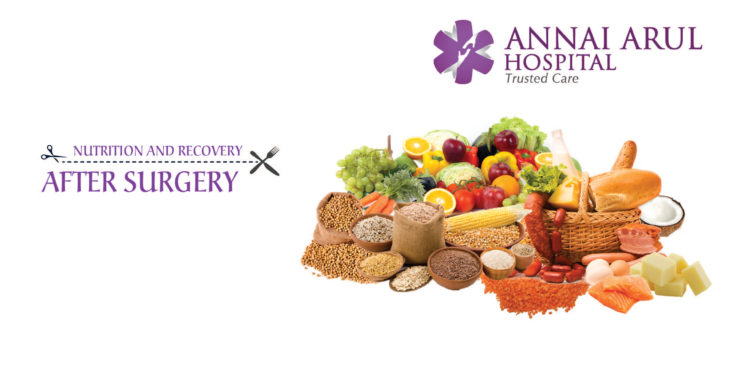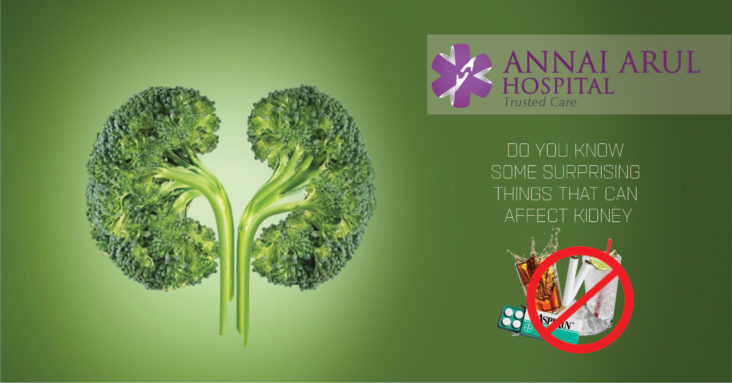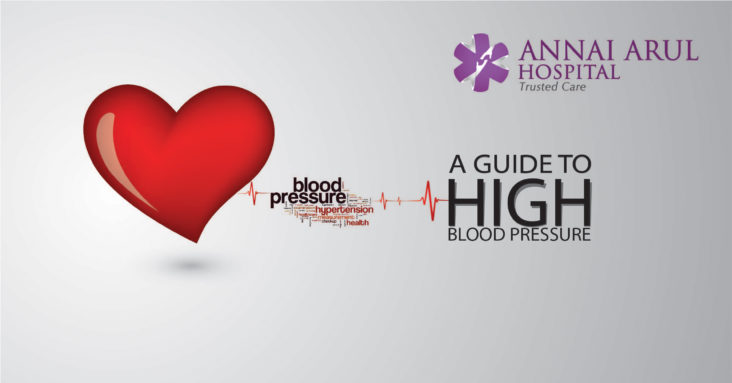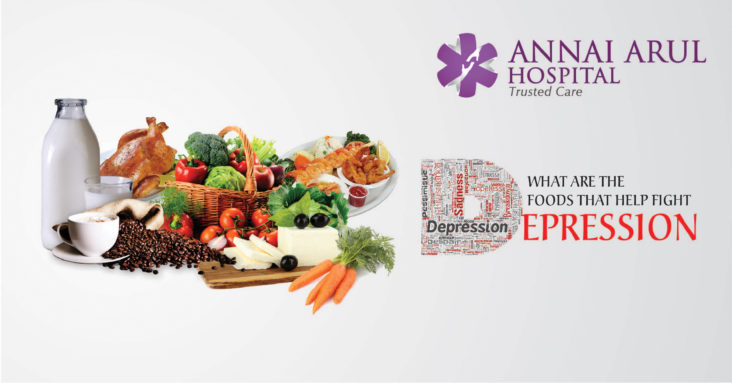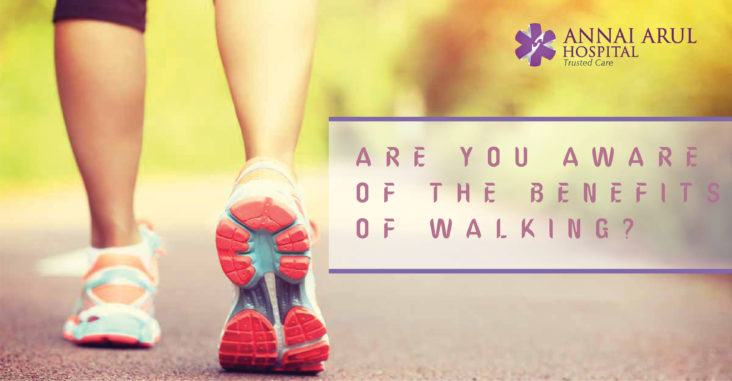Most of us would have experienced the challenges of recovering from a surgery, sometimes as a patient or as a caregiver. After a surgery the body needs lots of support for it to heal and recover. The process can include resting, medications, physiotherapy and most important of all a well planned nutrition schedule that is specific to the surgery and wound healing a patient needs.
Nutrition plays an important part in the process of recovery after a surgery. When you have a wound to heal then your body cells have to recover since they may be damaged. The body cells have to re-grow and replace the damaged tissue in the wound. The building blocks for cell development come mainly from the food or nutrition we take. When the nutrition is not proper then cell growth can be sluggish, which means healing will take longer and this may even lead to further problems.
Let us look generally at what sort of nutrition to take and what to avoid for proper recovery. Always consult your doctor along with the hospital nutritionist to arrive at a proper nutrition plan.
Anti-inflammatory food
It is of prime importance that any post-operative diet should steer clear of inflammatory foods like processed products, preserved foods, preservative laden foods, gluten containing foods, excessive sugar, trans fats and excess of omega6 oils like corn oils and soya bean oils.
Go for foods that prevent inflammation like foods rich in omega 3 fatty acids like flax seed contains anti-inflammatory omega 3 fatty acids along with antioxidant substances called lignans that helps supports digestive health faster recovery after surgery. . Fruits like pineapple and papaya can be consumed for their anti-inflammatory enzymes. It is also very important to stay well hydrated and eat a balanced diet during the first few days of recovery.
High Protein food
When you have a major surgery and you are recovering then the first few days are of hectic activity where your body will be working overtime to repair the damaged tissue.
It is very important that there is a steady supply of amino acids during this time to help the healing process and set it on its path to success. Whole proteins from animal and plant sources are the best to have. You can also try protein powders if you find trouble eating at the beginning of our recovery phase.
Probiotics
Before any surgery the patient is administered some kind of intravenous antibiotics in order to prevent post surgical infections. The negative side of these antibiotics is that they in turn kill the beneficial bacteria in the stomach and promote antibiotic-resistant strains of bacteria. The beneficial bacteria is supposed to be important for maintaining strong immune system, good digestion and for right nutrient absorption, which ultimately together aids in bringing a successful recovery. Probiotics can be plentiful in fermented foods like pickles, yoghurt and kimchi and all these are powerhouses of probiotics.
Vitamin C foods
Vitamin C should be an important part of the nutrition plan for post surgical recovery since they help towards skin cell growth. They actually help in the formation of collagen in the skin. Vitamin C also helps in preventing anaemia because they assist in absorption of iron. Most fresh fruits and vegetable are high in vitamin c but citrus fruits and green vegetable are the most beneficial ones.
Zinc containing food
Zinc helps in the formation of new tissue and skin. Post surgical patients definitely need to increase the intake of zinc in their food. This will help in healing the wound faster. The best sources of zinc include meat, shellfish and all the dairy products.


